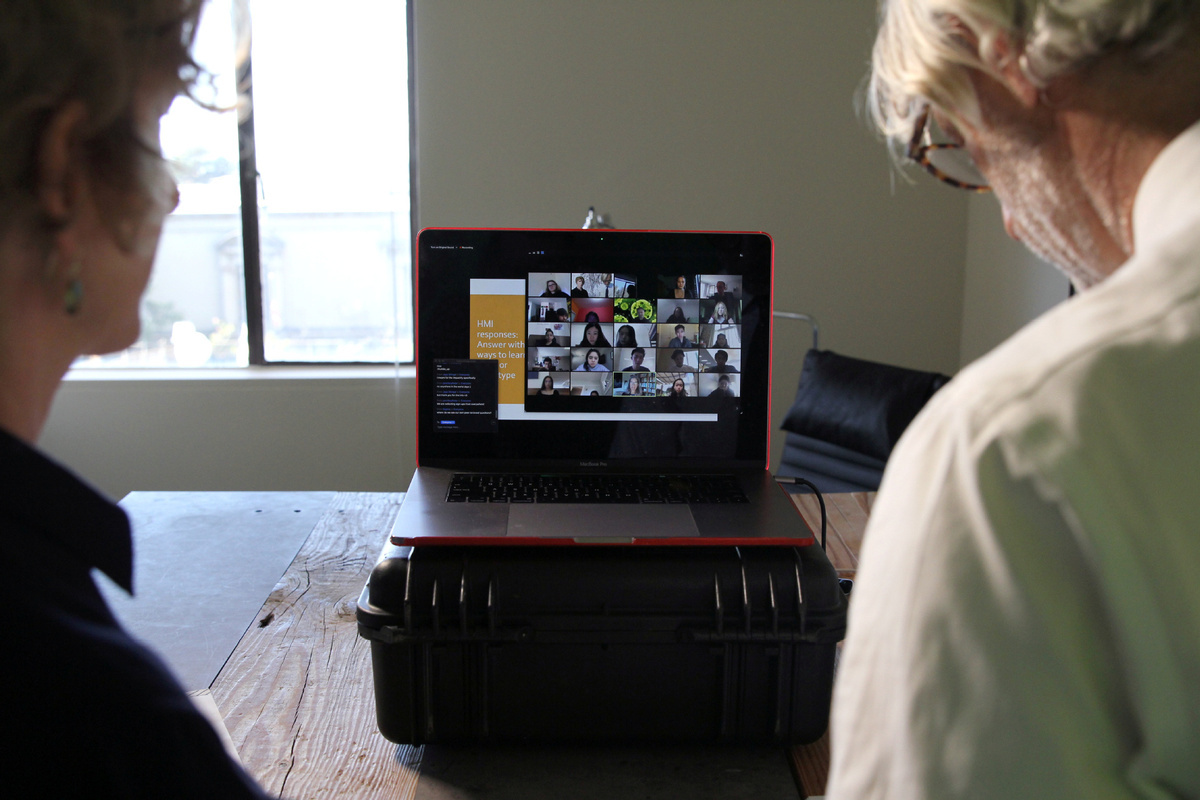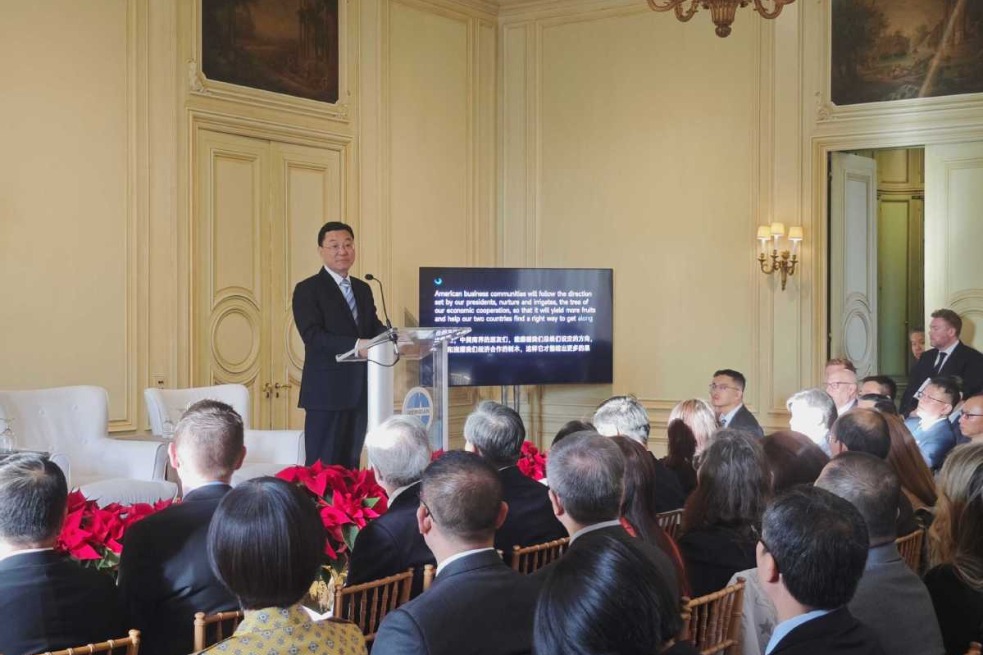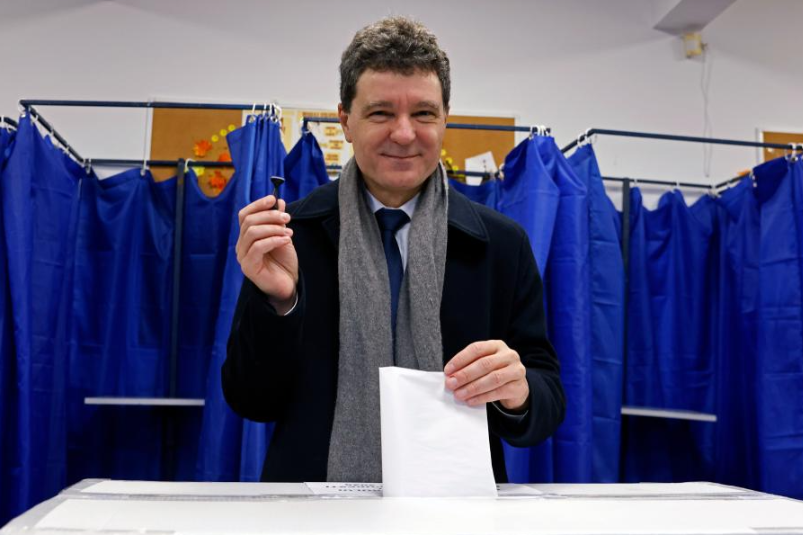US college students expect a lesser learning experience


As colleges and universities roll out a variety of plans to reopen this fall — online, in-person with social distancing or a hybrid of both — amid the novel coronavirus pandemic, students are making their own choices about how to proceed with academic learning in a whole new world.
Those who value face-to-face interactions have opted for in-person learning despite the risk of infection, as Daniel Park, a junior at the University of Texas at Dallas (UT Dallas) has chosen to do.
Park, from Houston, has chosen to take two classes in person.
"They are professional sales classes. I thought it's very important to be able to engage the teacher in what we learn. Unlike other classes, in sales you have to talk to people, make networks and relationships, and get to learn the etiquette of business. That's very hard to do in a virtual environment," Park said.
Last semester, Park participated in a virtual sales competition and found it a completely different experience from everything he had learned in person. "It just doesn't work in a virtual environment," he said. "The potential risk of COVID-19 was outweighed by what I could learn."
Park said that because he's not around his parents or any other high-risk people, he feels less worried about the coronavirus even though he views it as dangerous and said he would get nervous if someone nearby started coughing.
He said he has no plans to attend any large parties but will hang out with a few close friends occasionally and maintain his gym schedule. He also made plans to go out less in the two weeks before he goes to his parents' house for winter break.
Valerie Teoh, a sophomore at UT Dallas, will take all her classes online for the coming semester even though she lives in Dallas.
"All of my professors opted for online teaching only, so all my classes are automatically online. Personally, I would choose online learning only anyway because it'd be a little safer," Teoh said.
Despite her preference, Teoh acknowledged that online learning suffers in quality based on her experience last semester after her school, like others in the country, went completely online after lockdowns began in mid-March.
"Online learning is harder because there is more of a disconnect between the teacher and you. It's much easier to ask questions and interact with your teacher in person in real time than watching a recorded lecture. Also, you can interact with your classmates better. If I don't know something, I can just ask them. I am going to miss that part, being around people," Toeh said.
She said that in a classroom, the professors often would go off script and people would ask questions, which led her to learn more.
"The virus is still very bad here, so I want to have as little exposure as possible. I feel it's safer to stay at home than going in person and being with people," Toeh concluded.
The social interaction is what is missed most by Wang Zhiyu, a Chinese student at Brandeis University in Waltham, Massachusetts.
Wang, a sophomore, said he's happy with the measures the school has taken: single occupancy dorms, student virus tests twice a week, daily health screens, social distancing and so on.
"I am not that worried about the virus because of all the preventive measures in place. I have confidence in my health even if I somehow catch the virus," Wang said.
Wang is eager to return to school to enjoy some semblance of campus life. Like Teoh, he finds online learning inferior to in-person learning.
Describing his online learning experience during the remainder of last semester, Wang said, "Even though we could see the screens of classmates, raise hands virtually, type to speak, the interaction is not that direct. It felt different compared to being in a classroom. It also gave me the illusion that this was not that important, and my mind easily wandered."
Wang said the biggest impact of the coronavirus is the lack of a normal social life on campus.
"The library, cafeteria and social events will be all shut down. I think learning online or in-person does not make too much of a difference in acquiring knowledge. However, the most important aspect of college life is interaction, and the coronavirus has taken that away," he said.
Wang said he'd like to see the school offer some tuition discount because of the diminished college educational experience. "I feel shortchanged by paying the full price. A 30 percent discount would be reasonable," he said, noting that his school is charging the standard full tuition fee for the fall semester.































